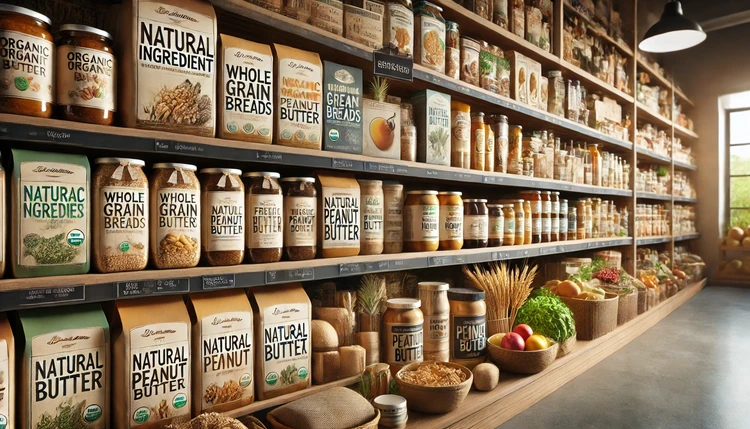Experts say food might cost more but taste better

Robert F. Kennedy, Jr., President-elect Trump's choice to lead the Department of Health and Human Services, has definite ideas about making changes to the U.S. food system.
Kennedy, who abandoned his independent presidential campaign earlier this year to support Trump, has targeted ultra-processed food and some food ingredients that he says are not healthy.
Kennedy has pointed out that dyes used to color food products sold in the U.S. are not allowed in some other country, noting that Kelloggs Fruit Loops sold in the U.S. are different from those sold in Canada.
Kennedy has also been critical of seed oils, used by many fast food restaurants, saying they are not as healthy as oil from animal fat.
What may be emerging, however, is a conflict between health and economics. In an op-ed in the Wall Street Journal, Alan Blinder, former vice-chair of the Federal Reserve, argues that many of the policies Trump and his appointees advocate are inflationary.
Julian Plateado, a chef and owner of Los Angeles Nordic Catchseafood market, says using more natural ingredients in food might raise the price, but it might not be a bad thing.
Substituting beet juice or turmeric for neon artificial dyes is not inexpensive, and premium oils like avocado or olive oil can further raise costs, he told ConsumerAffairs.
However, perhaps cutting back on bright-blue cupcakes isn't as bad for our stomachs or our wallets. In the long run, if demand increases, prices may decline. Consider it an investment in a future free of night-glow-producing munchies.
And while some food items might cost consumers more, Plateado says food would taste better and consumers might be willing to pay more for better-tasting food with natural ingredients.
Petrochemical aftertaste
A splash of beet juice might add an earthy undertone to your frosting, and trading neutral seed oils for avocado oil could give your fries a subtle, nutty vibe, Plateado said. But honestly, isnt it worth it to trade chemical tang for real flavor? Besides, when was the last time anyone said, You know what I love about this cake? The petrochemical aftertaste."
While industries typically resist change, the trade publication Modern Retail reports some food producers are welcoming the shift.
Elly Truesdell, partner at New Fare Partners, which invests in clean ingredient brands like Actual Veggies and Mid-Day Squares, told the publication that many producers have already invested in more natural ingredients and says a growing number of consumers have embraced products with natural ingredients.
Photo Credit: Consumer Affairs News Department Images
Posted: 2024-11-27 12:52:00



















